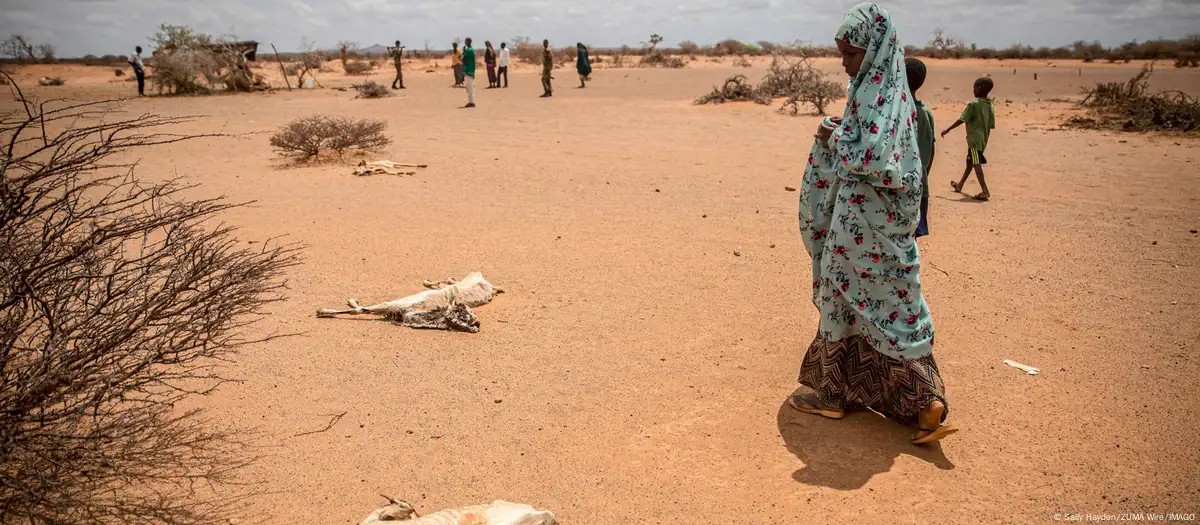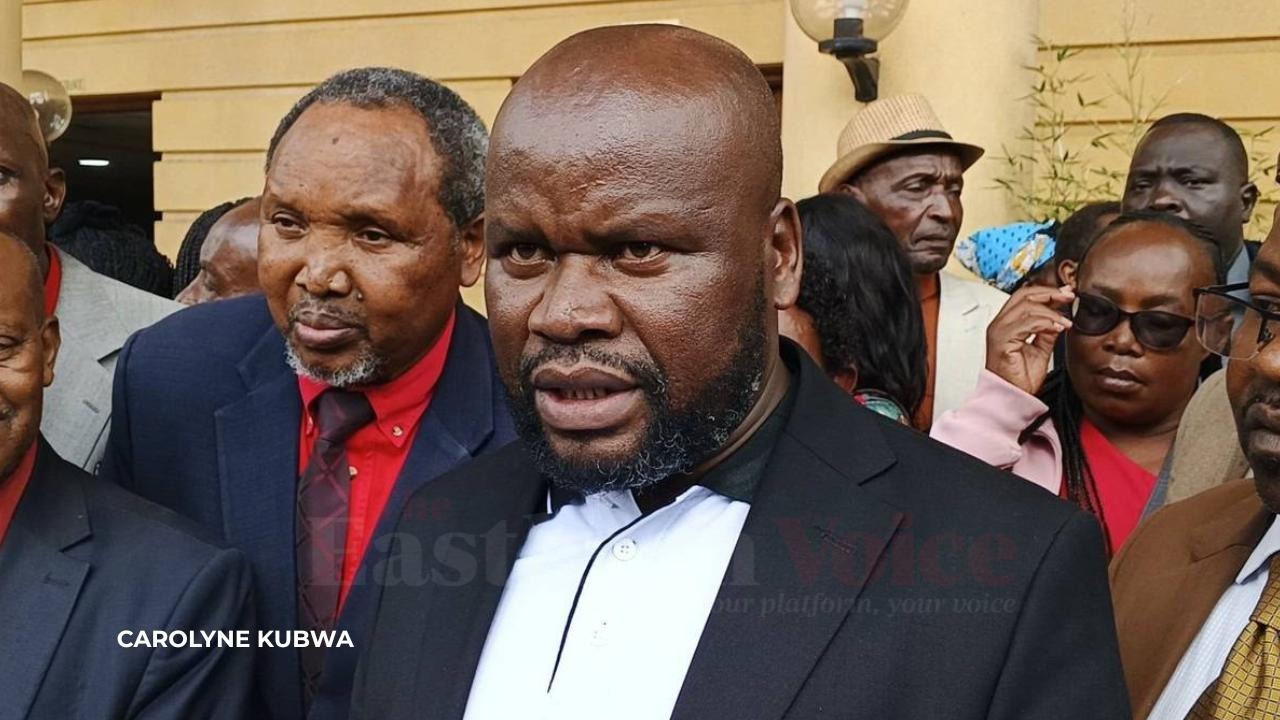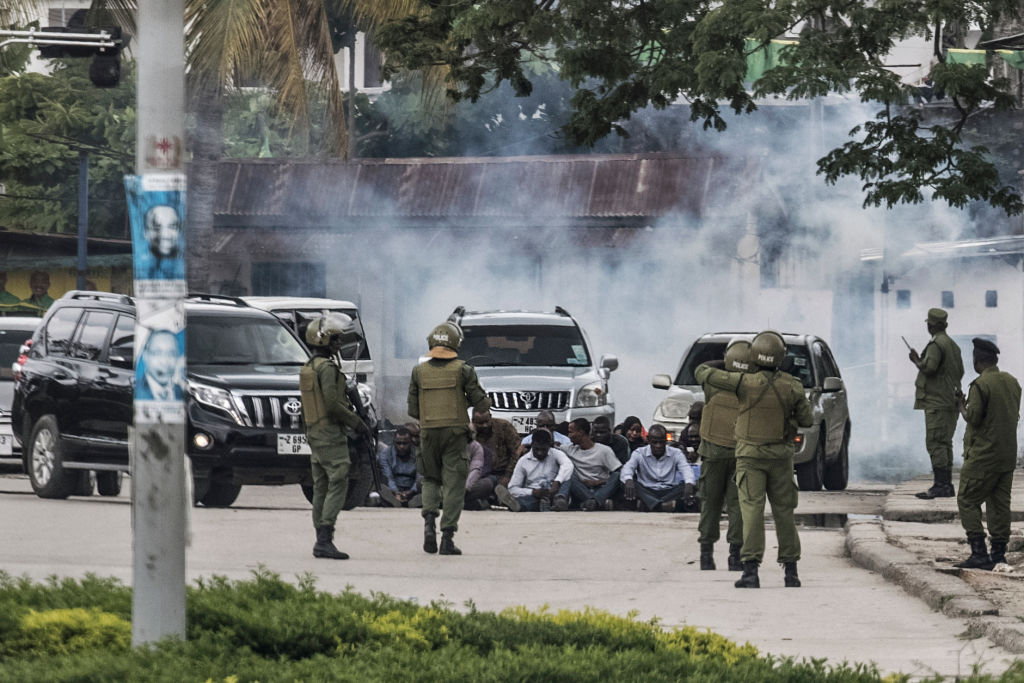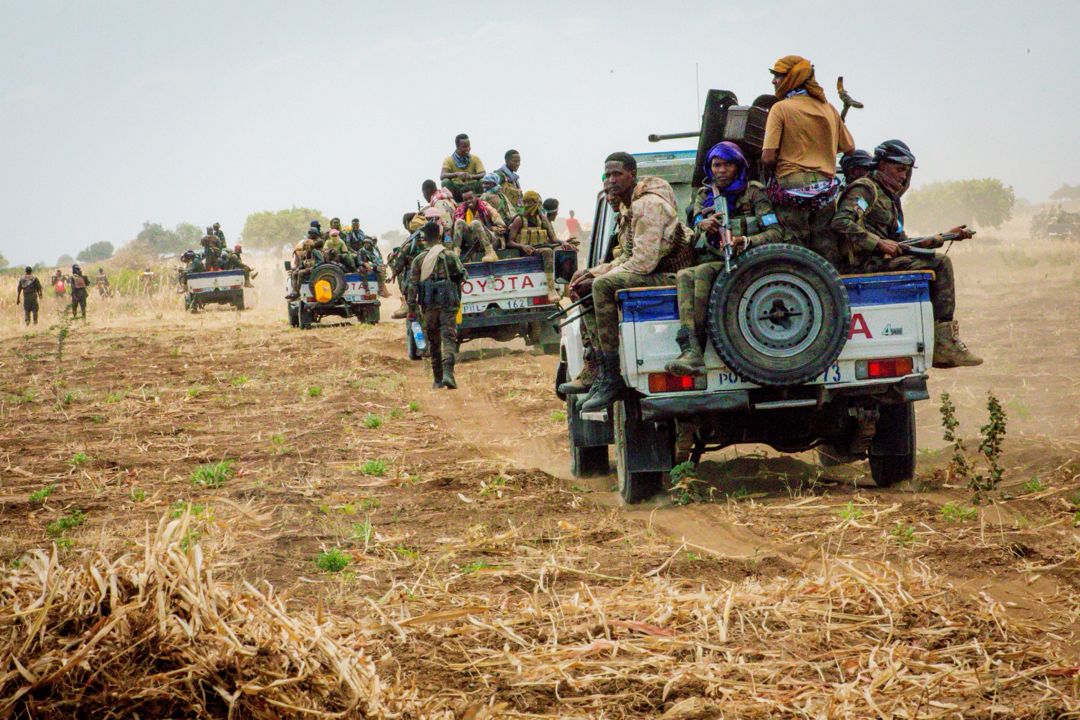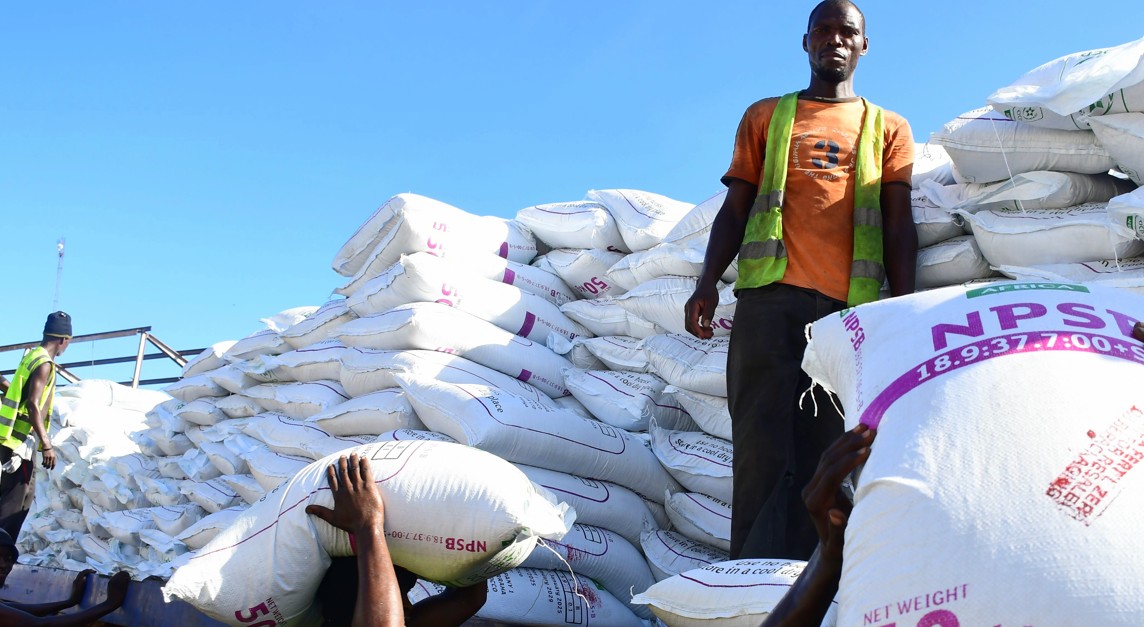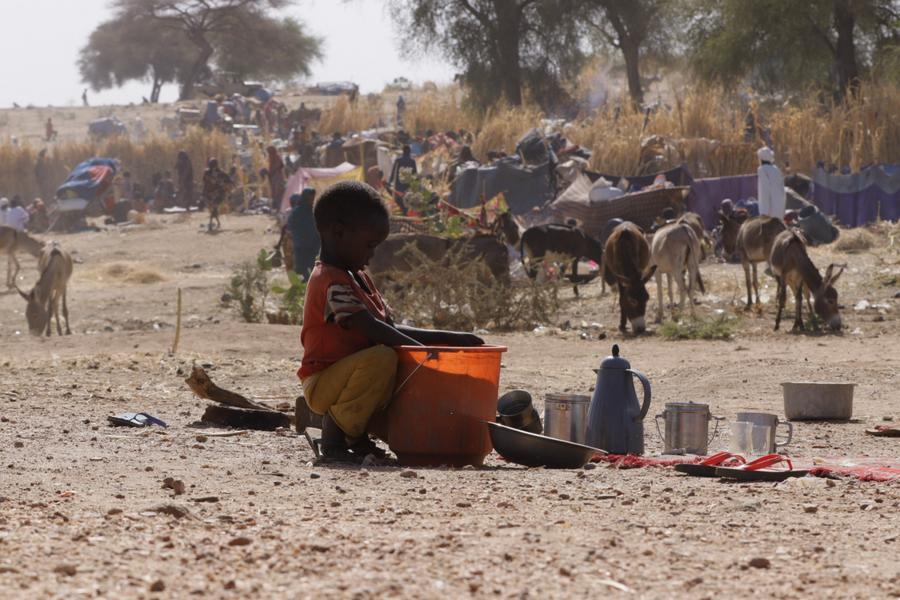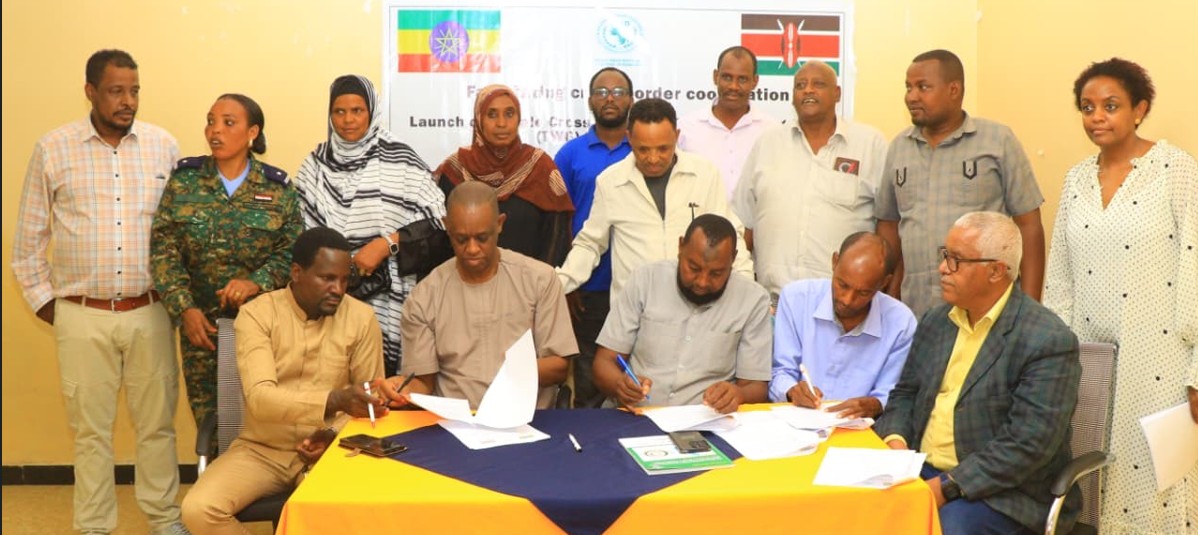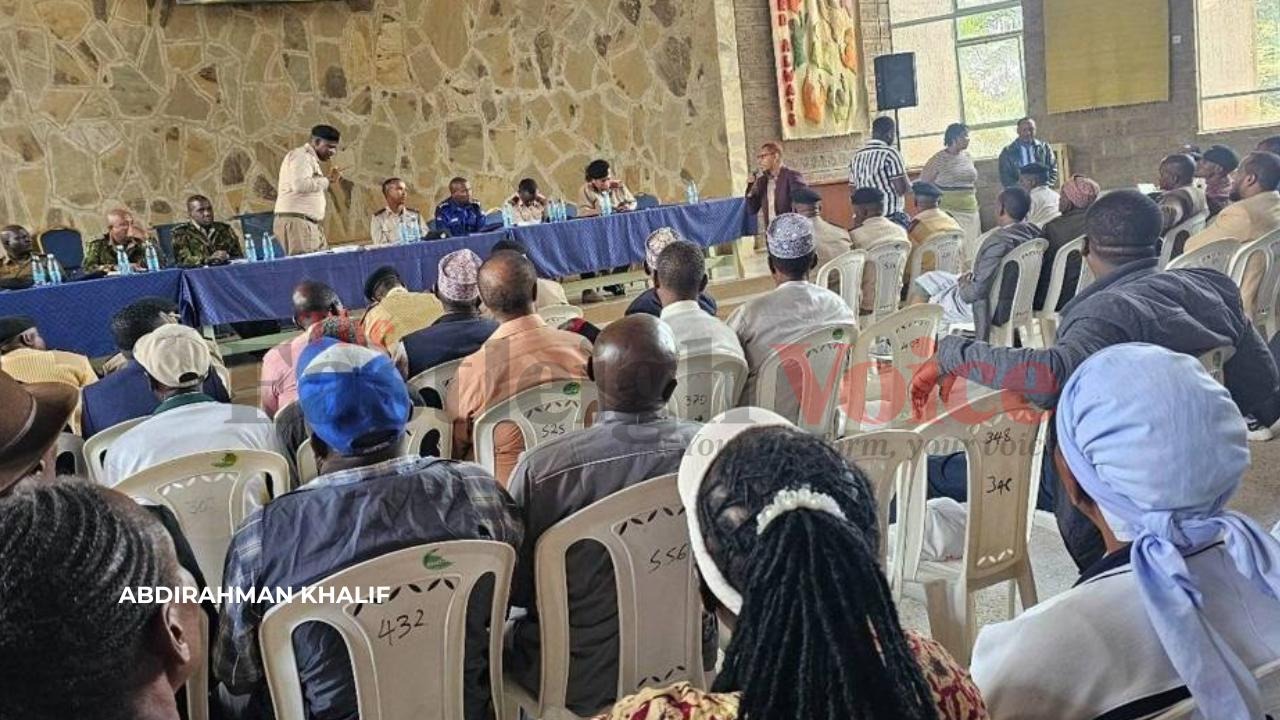Government urges Kenyans to help identify citizens at risk abroad amid Tanzania unrest

The State Department of Foreign Affairs urged Kenyans to share the names and contacts of those at risk through its official channels to enable quick assistance and coordination with Kenya’s embassies abroad.
The government has now appealed to Kenyans to help identify fellow citizens who may be in danger abroad, particularly in Tanzania, following reports of arrests, harassment and growing hostility against foreigners after the country’s disputed general election.
In a notice on Thursday, the State Department of Foreign Affairs urged Kenyans to share the names and contacts of those at risk through its official channels to enable quick assistance and coordination with Kenya’s embassies abroad.
More To Read
- Government probes fatal shooting of Kenyan teacher during Tanzania election protests
- Mudavadi, Tanzanian counterpart discuss Kenyans’ safety amid crackdown on election protests
- Election-linked internet shutdown cost Tanzania Sh30.7 billion, report reveals
- AU mission declares Tanzania’s 2025 elections fell short of democratic standards
- Kenyans in Tanzania advised to remain vigilant as High Commission reopens
- Rights group, MP Babu Owino, call for urgent state intervention over Kenyans affected by Tanzanian poll violence
“The Ministry has heard your concerns and requests the following from all of us: that you share through our inbox the names and addresses of all Kenyans who may be exposed to any sort of danger in our neighbouring countries, and faraway countries,” reads the notice.
“If possible, please include the name and contact information for a relative with whom the Ministry of the State Department for Diaspora Affairs and the Kenya High Commission, Tanzania, can work.”
The ministry also reminded citizens abroad that they are required to register themselves and their addresses at the nearest Kenyan Mission, as indicated on page 32 of the Kenyan passport.
“It is important to reiterate that as Kenyans we are all required at the earliest opportunity to register ourselves and our addresses at the nearest Kenya Mission abroad,” it added.
“Let us all work together to secure the best interests of our brothers and sisters wherever they may be.”
The department assured that all information received would be shared immediately with respective missions for prompt action.
The ministry also pledged to provide feedback to those who submit the required details, saying the official account remains accessible for direct communication.
Reports from Tanzania indicate that several Kenyans are living in fear amid a government crackdown that followed the disputed October 29 general election.
A Kenyan working in Tanzania reported that she has not left her residence since the eve of the polls due to heightened hostility.
“We cannot move freely like before. Things are tense, and I can’t recall the last time I stepped out,” she told the Daily Nation, adding that even making phone calls feels unsafe.
She said Kenyans have resorted to deleting messages frequently to avoid suspicion, and many have stopped calling their loved ones or posting online about their experiences.
“We have been told that phones are being analysed at every police checkpoint. To avoid drama, we don’t engage in some conversations,” another Kenyan said.
While authorities have called for a return to normalcy, Kenyans living in Tanzania say many businesses remain closed and movement is still restricted.
Vocal Africa Chief Executive Officer Hussein Khalid said a 29-year-old Kenyan lawyer, Fredrick Lorent Obuya, who also runs a tour company, was arrested in Dar es Salaam on October 31.
“According to his friends, he was on his way to Zanzibar for work when he was arrested. His last known location was Oyster Bay police station,” Hussein said.
He accused the Tanzanian authorities of targeting activists and opposition figures to conceal evidence of what he termed a “bloodbath.”
Separately, the family of John Okoth Ogutu, a Kenyan teacher who was reportedly shot in Dar es Salaam, has appealed to the Tanzanian government to release his body for burial, saying police took it to an unknown location.
Interior Principal Secretary Raymond Omollo has assured the family that the government is working with the Kenyan Embassy in Dar es Salaam to repatriate his body.
“I know that there is an unfortunate case of one Kenyan who was a teacher, who, in the process of all that commotion, lost his life,” Omollo said on Thursday during his installation as Chief Commissioner of the Kenya Scouts Association.
“I have been in touch with my colleague in the Foreign Affairs, and there is already contact that has been created with the embassy in Dar es Salaam, so what I would tell the family is that we are doing what it takes to be able to make the necessary arrangements to make sure that that particular case is handled in a manner that is respectful.”
He noted that the government will reach out to Ogutu’s family to provide further details and reassurance of its commitment to resolving the case.
The PS further assured Kenyans in Tanzania that there was no cause for alarm, saying the government was maintaining close contact with its embassy and would continue providing updates on the situation.
Kenya’s Ambassador to Tanzania, Isaac Njenga, reiterated that the embassy was engaging with affected citizens and monitoring the situation closely, but dismissed claims that Kenyans were being specifically targeted.
“We are reaching out to stranded Kenyans and working to respond to calls from Kenyans here,” Njenga said.
He added that calm had largely returned after the lifting of the curfew, noting that Kenyans are free to return home if they wish, as transport services have resumed.
“Public transport is back to normal. We are verifying some things before making the statement,” he added.
The Tanzanian government has faced international scrutiny following reports that hundreds were killed during post-election protests. The Southern African Development Community (SADC) election observers discredited the polls, citing widespread irregularities.
In her inauguration speech in Dodoma, President Samia Suluhu Hassan condemned the violence and blamed foreigners for participating in the unrest.
“What happened does not reflect our character, tradition and aspirations as Tanzania. It wasn’t a surprise that those young people who were arrested for participating in violence included foreigners,” she said.
“Our defence and security organs are investigating these incidents to return Tanzania to the peace we are accustomed to,” President Suluhu said, vowing to safeguard the country’s sovereignty “by all means and at all costs.”
She also appealed for peace and unity, noting that “violence has no value or price worth emulating.”
“I plead with you to maintain peace and unity,” she said.
Before her swearing-in, police in Tanzania had vowed to pursue “foreigners who instigated the violence” and warned citizens against sharing images or videos that could cause panic after the restoration of internet access.
The opposition CHADEMA Party, whose leader Tundu Lissu was detained on treason charges, claimed that up to 700 people were killed during the protests and accused the government of suppressing media coverage of the alleged killings.
President Suluhu acknowledged that there were deaths but dismissed the opposition’s toll as exaggerated.
Top Stories Today
